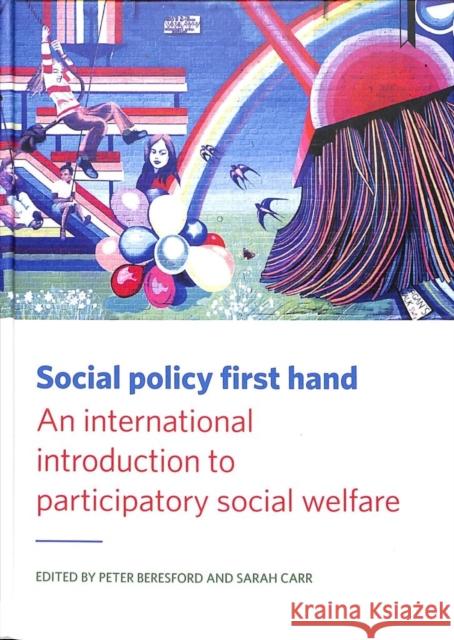Social Policy First Hand: An International Introduction to Participatory Social Welfare » książka
topmenu
Social Policy First Hand: An International Introduction to Participatory Social Welfare
ISBN-13: 9781447332350 / Angielski / Twarda / 2018 / 320 str.
Social Policy First Hand: An International Introduction to Participatory Social Welfare
ISBN-13: 9781447332350 / Angielski / Twarda / 2018 / 320 str.
cena 416,30
(netto: 396,48 VAT: 5%)
Najniższa cena z 30 dni: 402,94
(netto: 396,48 VAT: 5%)
Najniższa cena z 30 dni: 402,94
Termin realizacji zamówienia:
ok. 22 dni roboczych.
ok. 22 dni roboczych.
Darmowa dostawa!
Kategorie BISAC:
Wydawca:
Policy Press
Język:
Angielski
ISBN-13:
9781447332350
Rok wydania:
2018
Ilość stron:
320
Waga:
0.81 kg
Wymiary:
23.62 x 16.0 x 3.3
Oprawa:
Twarda
Wolumenów:
01











